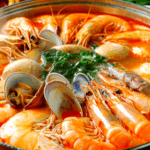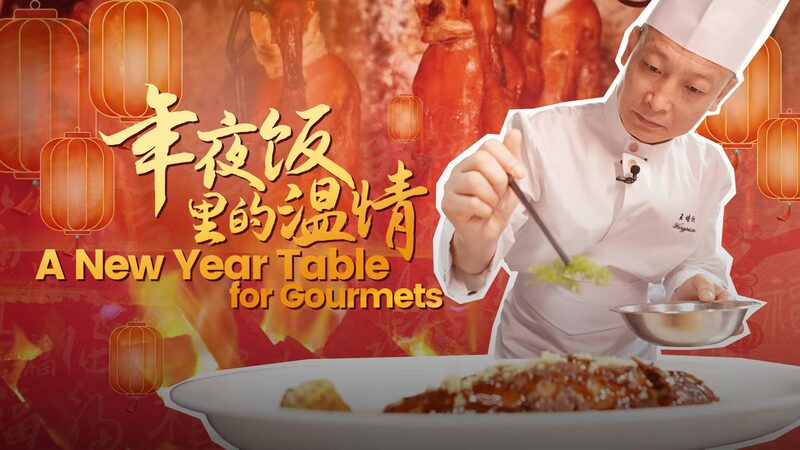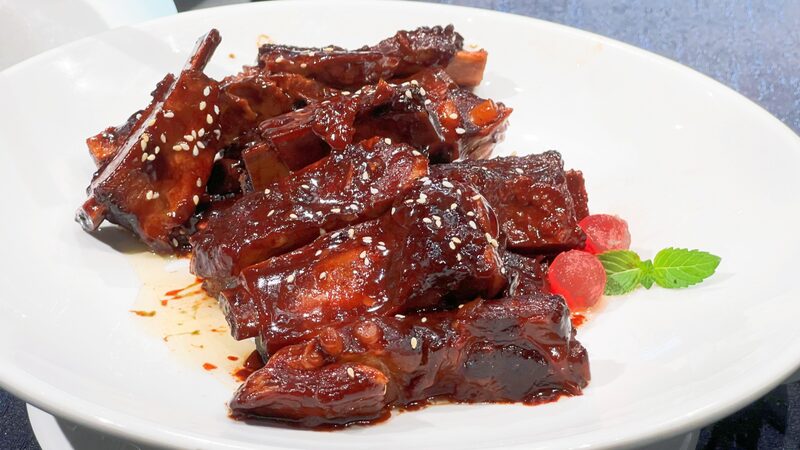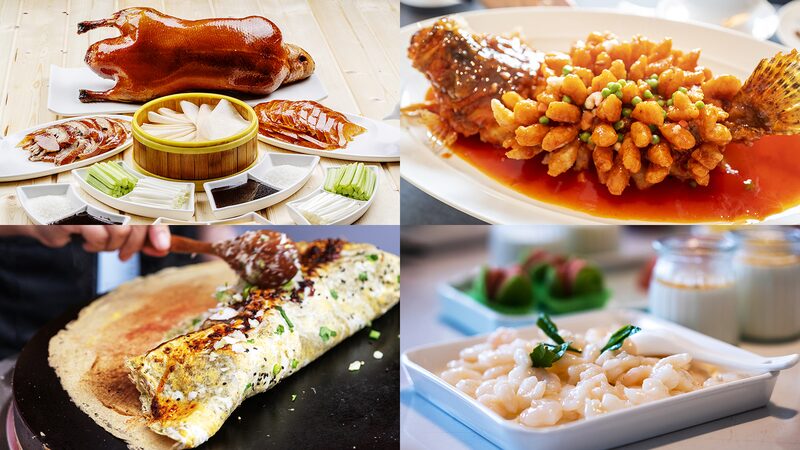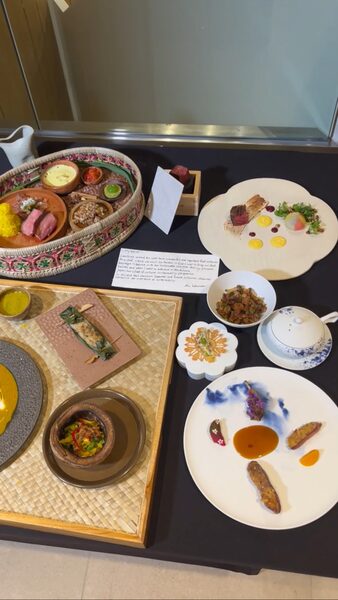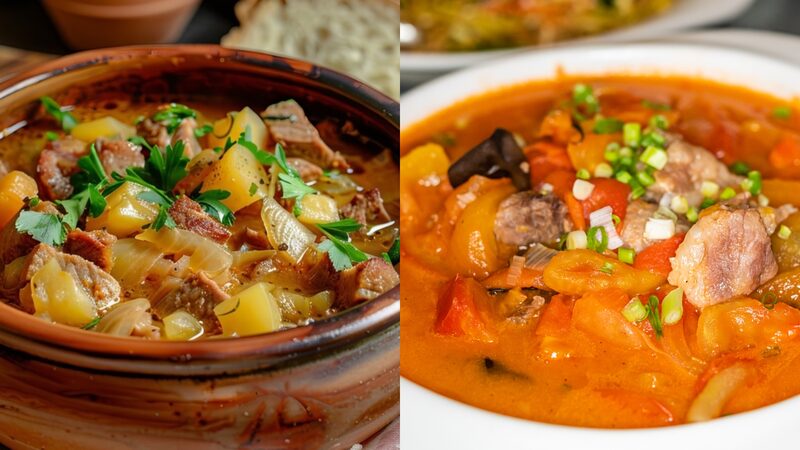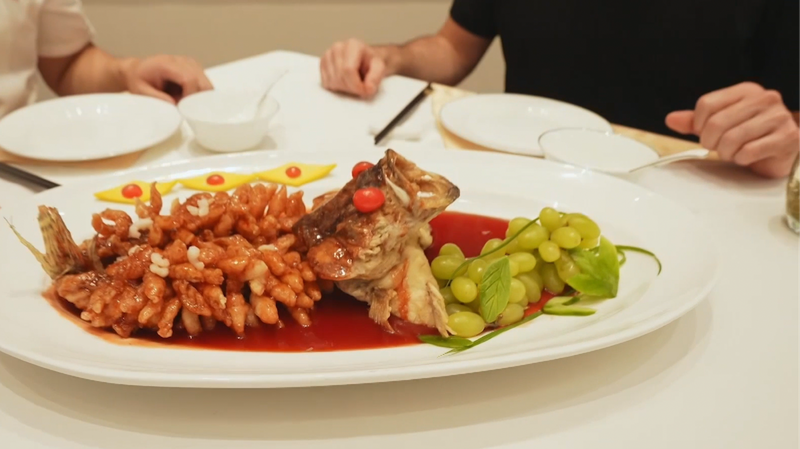In Kuala Lumpur's Yanmei Road, the sizzle of Peng Jieqiang's ladle carries more than aroma—it echoes centuries of cultural exchange. The Malaysian Chinese chef, whose family migrated from Guangdong Province, has perfected his bak kut teh over four decades, blending traditional Chinese herbs like codonopsis with indigenous Malaysian ingredients such as Tongkat Ali. “This dish is our history in a bowl,” Peng says, serving crispy fried dough alongside pork ribs simmered in a broth steeped in memory.
Originating from 19th-century Chinese laborers adapting to Malaysia's tropical climate, bak kut teh has evolved into a culinary metaphor for cross-cultural synthesis. Its development parallels the Peranakan community’s emergence, where Chinese traditions intertwined with Malay influences to create vibrant new identities.
This gastronomic journey mirrors the deepening ties between China and Malaysia. From Ming Dynasty maritime exchanges to modern infrastructure projects like the East Coast Railway, bilateral trade has flourished—China has remained Malaysia's top trading partner for 16 consecutive years. Today, over 11,000 Malaysian students pursue education in the Chinese mainland, while simplified visa policies boost cultural tourism.
As rain mists Kuala Lumpur's skyline, diners savor bak kut teh's steaming blend of nostalgia and innovation—a testament to how shared histories continue to simmer in Asia's dynamic cultural landscape.
Reference(s):
Kuala Lumpur’s Bak Kut Teh: A Flavorful Intersection of Heritage and Modern Culture
chinanews.com.cn
